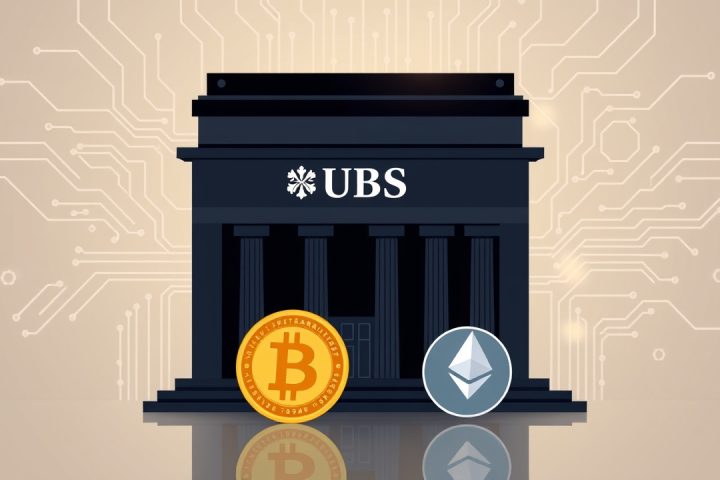Proposal for Reducing Ethereum Block Confirmation Time
An Ethereum developer has put forward an intriguing proposal aimed at enhancing the network’s functionality by suggesting a reduction of its block confirmation time. Specifically, the plan, known as Ethereum Improvement Proposal 7782 (EIP-7782), aims to cut the interval for creating new blocks in half—from the current standard of 12 seconds to just six seconds. Core developer Barnabé Monnot brought this idea to the fore during discussions on June 21, proposing adjustments to the schedule of critical blockchain processes to achieve the faster block time.
Potential Benefits of Faster Block Creation
In text provided by Monnot, he emphasizes that shortening the block intervals could significantly enhance the confirmation service offered by Ethereum, potentially increasing the overall economic value captured from transactions. This “service price” refers to the fees that users pay for transactions, and a more efficient system could lead to higher profitability for validators confirming transactions on the blockchain.
Originally conceived in October 2024, this proposal is tentatively included in the upcoming Glamsterdam update, projected for rollout in late 2026. Monnot conveyed optimism, stating that by that time, advancements in scaling and performance should allow Ethereum to achieve a gas limit three times its current capacity, along with an eightfold increase in blob storage capability.
Advantages for Users and DeFi Platforms
On June 21, the Ethereum staking protocol Everstake elaborated on the advantages of the proposed changes, highlighting that a more rapid block creation process would lead to a range of benefits. One of the most immediate improvements anticipated is the acceleration of transaction processing. Users could experience quicker confirmations as their transactions would be integrated into the blockchain more efficiently. As a result, wallet balances would reflect updates more rapidly, enabling a more seamless user experience for decentralized applications and layer-2 solutions, while also strengthening resistance to transaction censorship given the increased block proposals per minute.
Beyond general transaction speed, the proposal promises significant benefits for trading and decentralized finance (DeFi) platforms. The enhanced transaction speeds would facilitate quicker price adjustments on decentralized exchanges, thus minimizing the impact of arbitrage traders who seek to profit from price discrepancies. Observing that faster transaction slots equate to greater liquidity, Monnot anticipates a resulting reduction in trading fees, which would benefit users directly and contribute to the overall efficacy of Ethereum’s network.
Challenges of Increased Efficiency
However, Monnot acknowledged that the push for increased efficiency could present challenges. Slow or poorly connected validators might struggle with the decreased time allowed for block processing, as the updated framework demands faster consensus achieved through increased communication frequency. This could raise the network’s bandwidth requirements and also lead to potential congestion during busy periods, complicating the operation of smart contracts until rigorous testing ensures stability.
Specific Changes Proposed in EIP-7782
Specifically, EIP-7782 suggests altering three essential metrics: the block proposal time would shrink from four seconds to three seconds, the time for attestations would decrease from four seconds to one and a half seconds, and the aggregation period would similarly reduce from four seconds to one and a half seconds, culminating in a six-second total reduction in processing time. Monnot expressed his belief that adopting this twofold reduction in slot intervals could be an exceptional opportunity for Ethereum, underpinning the need for serious consideration in the design of the forthcoming Glamsterdam update. Currently, this update is in its conceptual phase, primarily focusing on optimizing gas usage and overall protocol efficiency to make transactions on Ethereum faster and more affordable.




